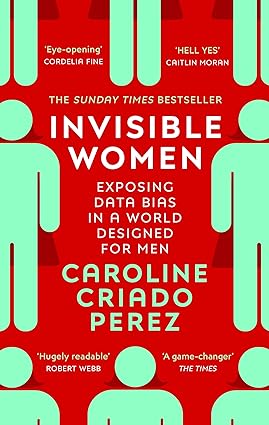Ted Gioia isn’t a college dropout, but he’s seen enough to realize that given how his career has gone, he might well have saved himself a lot of time and money by not going to university in the first place:
I spent almost a decade and huge sums of money — much of it borrowed in the form of student loans — to earn multiple degrees from elite institutions.
But I don’t have a degree in music — the field that became my vocation. And I never took a single course or lesson in jazz (my specialty) during my entire life.
I wasn’t a dropout, not even close. But it’s sobering to consider my life in retrospect, and see how much it relied on what I taught myself outside of the classroom. So I now have a very different view of college than I did back when I was a student.
My more mature view is as follows:
(1) A college degree is more about signaling your worth than about learning.
This is hardly a brilliant insight — many are now saying this. But when you’ve lived it yourself, it changes your perspective on everything.[…]
(2) College provides inspiring role models — but they also exist in other settings.
I was blessed with a small number of teachers and mentors who taught me by example — and most of this happened at high school and college. There is no substitute for seeing greatness in the flesh at close hand.But this can happen outside of college — my wife, for example, had those experiences working as a dancer and choreographer in New York. She learned more from her mentor Erick Hawkins than from any college professor.
[…]
(3) Dropping out is a real option with genuine upside, but it’s not for everybody.
Let me put it as simply as possible: Many successes are dropouts, but few dropouts are successes.I would advise against abandoning your education for simple reasons of avoidance — because classes are a hassle, tests are a bummer, etc. But if you have a genuine vision of your life and the skills to achieve it, college is purely optional. And perhaps even hazardous.
(4) As the college experience becomes more expensive and close-minded, the appeal of alternatives increases exponentially.
At what price does college become a bad deal? I don’t have an answer to that, but we must be close to a tipping point.If I tried to replicate my formal education today, it would cost ten times as much. I would have student loans as large as the national debt of a mid-sized country. That’s just ridiculous.
But this kind of irrational endpoint results when a bloated bureaucracy increases tuition at more than the inflation rate every year — and continues doing so for a half century. The people running our major universities think they can get away with this because customers want impressive diplomas, and can be squeezed to an infinite degree.
But infinity doesn’t actually exist in human affairs. And unsustainable trends eventually prove just that, namely that they are unsustainable.
(5) The smartest people will increasingly bypass the system.
I can’t emphasize this enough. My advice to young people today is very different from what I would have said just 5 years ago.I now tell them to find ways to work outside of bureaucratic legacy institutions.
[…]
(6) Dropouts really do change society.
As someone who invested so much time and money in big-ticket credentials, that’s painful to admit. But I’ve seen too much to ignore the facts. I now grasp that people who are genuine visionaries know at an early stage that they can teach themselves, think for themselves, and manage themselves. Those are more valuable skills than any degree.So maybe I didn’t drop out like my friend’s buddy at Harvard, back in the mid-1970s. But I wouldn’t laugh at the idea nowadays, the way I did back then. And if I had everything to do over again, I might drop out myself.













